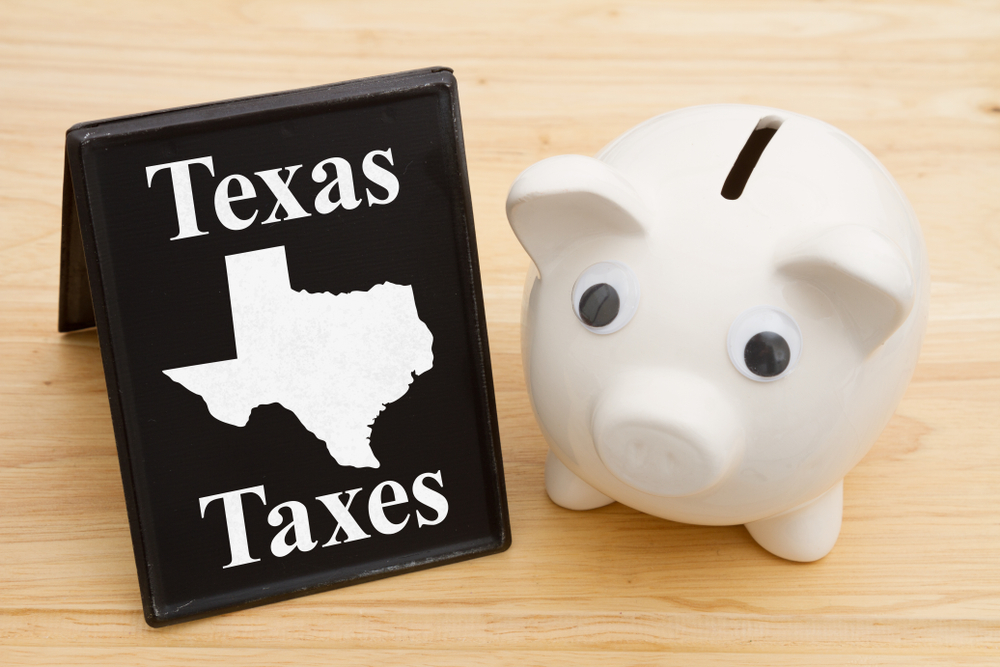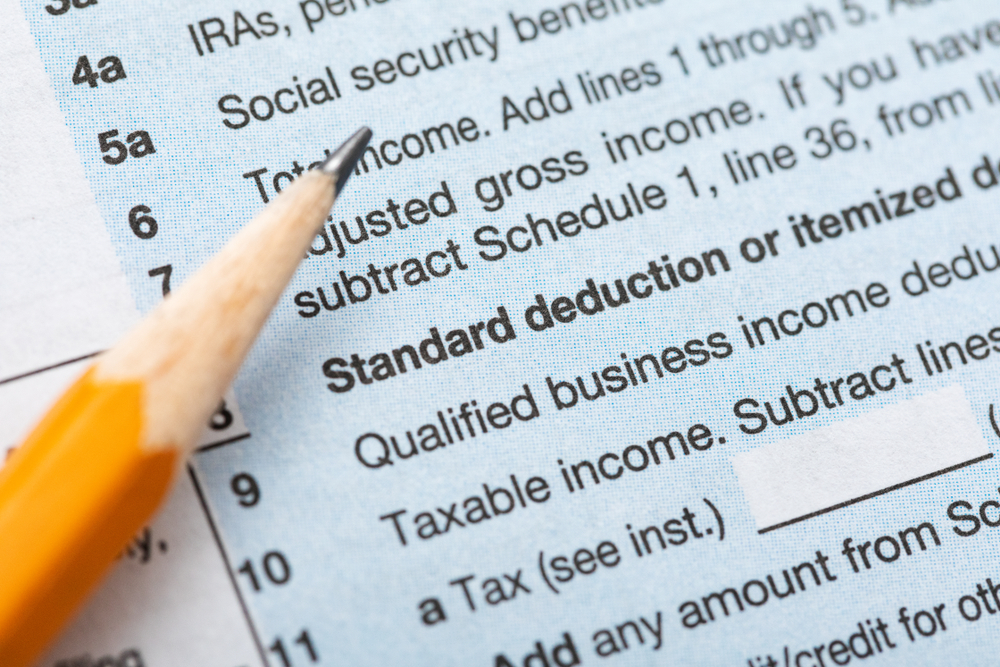The growing pains that flourishing companies experience look different and fluctuate over time based on department, company size, rate of growth, and other key factors. In finance departments, management may notice that as transactions increase in volume and complexity, managing the day-to-day duties of accounting and finance, while maximizing growth and performance can get overwhelming. When this happens, it may mean it’s time to invest in adding a financial controller to the payroll.

What is a Financial Controller?
A financial controller is someone who’s a certified public accountant (CPA) or has equivalent industry experience and education in accounting or finance. Controllers are hired when a company’s finance department requires supplementary support with some of their financial oversight. Every financial controller job is unique, but most will be responsible for ensuring maximum financial efficiency, health, and compliance within their company.
Who Needs a Controller?
As a company becomes more inundated with business overtime, it is normal to crave additional assistance in order to ease the increasing workload on each individual. It is often the chief financial officer (CFO) of a company who will eventually require the direct support of a financial controller. Depending on the company, a financial controller may be responsible for helping the CFO with financial reports and statements, preparing budgets, providing internal audits, preparing taxes, managing purchase orders and other financial related duties.

Final Thoughts
Outsourcing financial controller services for your growing business can provide a cost-effective resource of support at a critical time in your business’ development. Whether your company needs temporary or permanent financial support, you can rely on Mariela Ruiz, CPA, LLC of South Texas! She has a proven track record in her field and is committed to honesty, efficiency, and success every time! Call our team today at (956) 997-0067 to find out how we can help you and your business thrive!



















